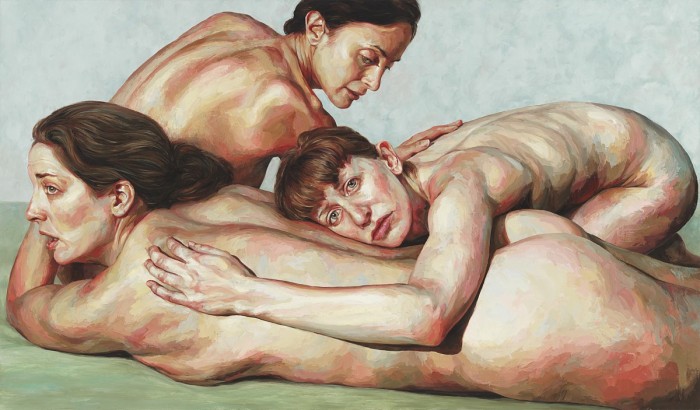Since the time of the early Greeks, Western thought has tended to downplay the importance of the body. By emphasizing the existence of an eternal realm of ideal forms above and beyond the material world, we have indirectly transformed the body into little more than a vessel for our true immortal souls. We may say we love our bodies, but too often our philosophical and theological commitments lead us to believe that they are things we need to reject, denigrate, and overcome. We may decry Gnosticism, but by our actions we embrace a dualism that demeans bodies, leaving little to no place for them in the worship of God and the Christian life.
Perhaps it is no surprise, then, that our culture also embraces a distorted view of the body. Although our culture doesn’t dismiss the body as forthrightly as our theology has sometimes done, it clings to a perfect form of the body—one it finds youthful, fit, and glowing with flawless skin and with the right amount of cleavage. Where our theologies may dismiss the body because it can never achieve the perfection of heaven, our culture shoves the body in our face, inviting us to worship a simulated and unreal form.
And yet Scripture invites us into a different relationship with our bodies, a relationship that sees our bodies as intrinsic to a holistic faith. In other words, to be faithful is to view the body as good and as essential to our worship and creaturely existence. For this, our twenty-third issue, we will explore our culture’s and our theology’s relationship with the body, the ways our bodies betray us and the ways they help us to see the world and God differently. We will peer into the souls of women who suffer the pain of childbirth and miscarriage, explore the complexity of our sexuality, and consider eating disorders in light of cultural body ideals. We will consider the issue of overpopulation and whether theology might offer a more robust vision of procreation. And we will shine the light of theology on the intersection of technology and genetics.
Join us over the next several months as we host a robust and important conversation on the importance of the body for a more nuanced and full expression of our Christian commitments.
